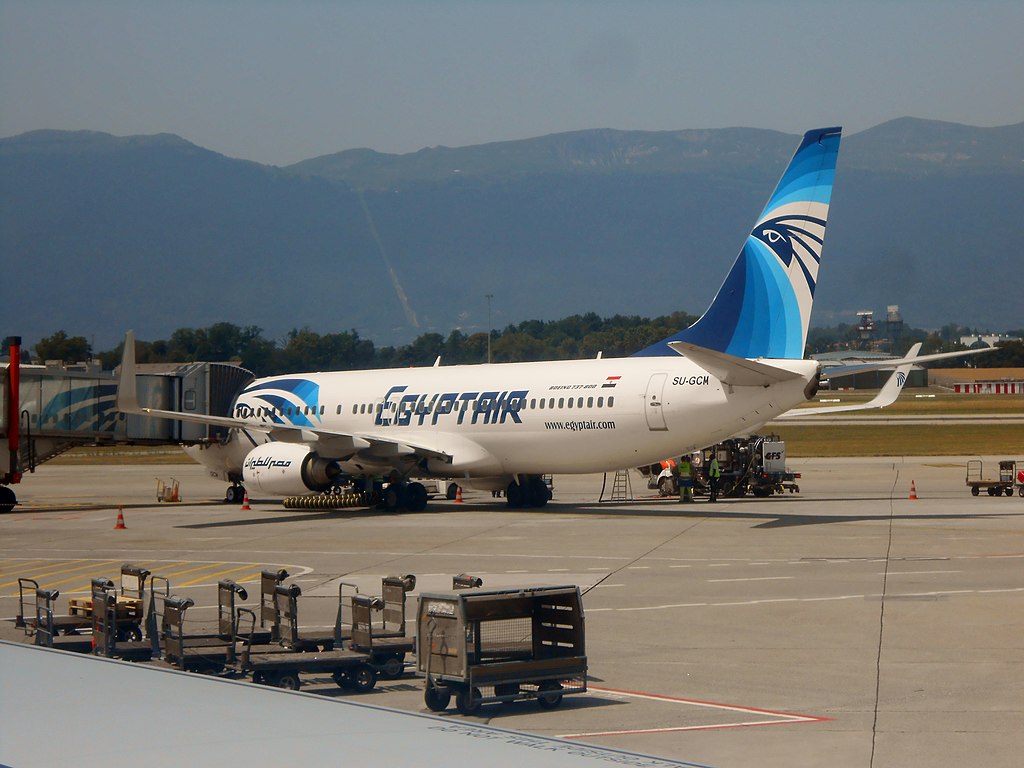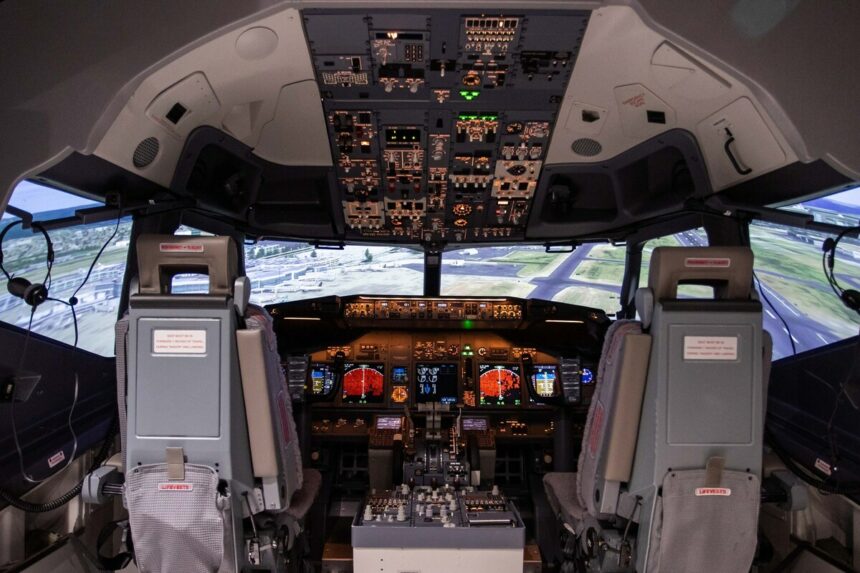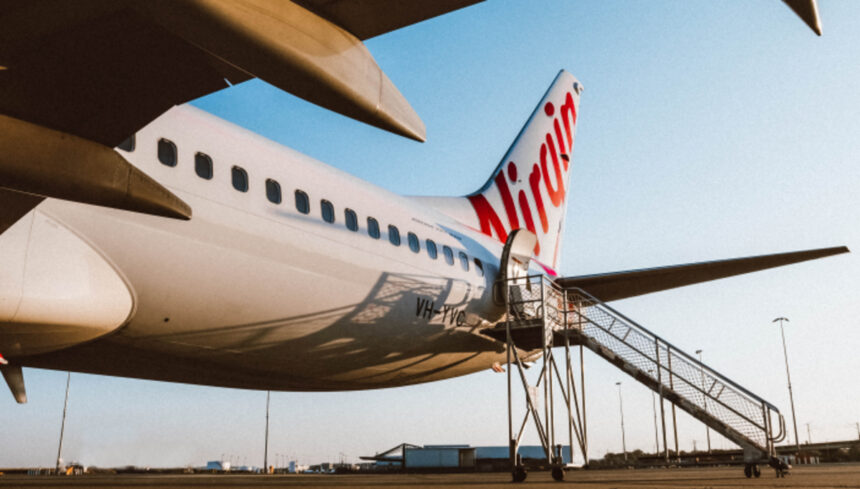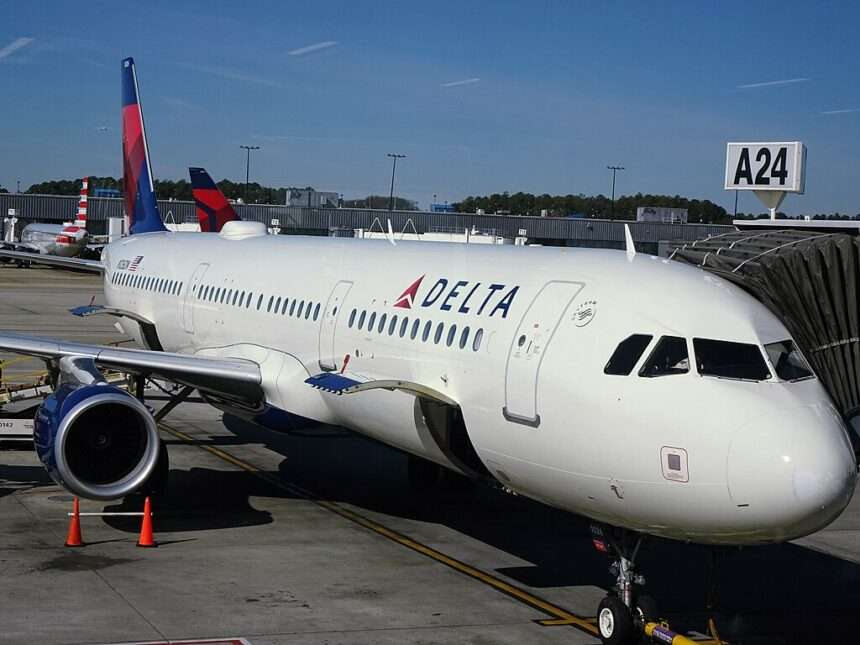In a recent development, animal rights group PETA has brought to light a situation involving EGYPTAIR shipping approximately 500 endangered long-tailed macaques from Mauritius to John F. Kennedy International Airport.
This move has drawn attention, given the airline’s prior commitments to discontinue transporting monkeys for experimental purposes and the associated risks of disease transmission.
EGYPTAIR’s Previous Commitments
In August 2022, EGYPTAIR informed PETA U.S. that it is no longer in the business of transporting monkeys from Africa and Asia to laboratories in the U.S. and elsewhere.
Despite its previous public commitments to refrain from transporting monkeys for laboratory experiments, EGYPTAIR is alleged to have again engaged in the transport of an endangered species.
This apparent reversal of stance has raised concerns among animal rights organizations, including PETA, Action for Primates, One Voice, and Abolición Vivisección.
These organizations have come together to address the issue and renew their campaigns against the airline’s involvement in the cruel monkey trade.
The Response from Animal Advocates
In response to EGYPTAIR’s actions, the concerned organizations have jointly sent a letter to the CEO of EGYPTAIR Holding Company, Yehia Zakaria, urging the carrier to honor its previous commitments.
[monsterinsights_popular_posts_inline]
The letter not only highlights the airline’s disregard for its previous promises but also emphasizes the potential consequences of perpetuating the trade in endangered species.
Dr. Lisa Jones-Engel, a primate scientist at PETA, has expressed disappointment in the airline’s actions, stating that EGYPTAIR’s involvement in the monkey trade contradicts its earlier assurance and perpetuates a practice laden with risks of disease transmission and animal cruelty.
Earlier this year, importers of primates claimed that actions had been taken to curb the illegal smuggling of endangered long-tailed macaques.
However, records obtained from the U.S. Fish & Wildlife Service reveal a different story. The pipeline of macaque trafficking, known for its connection to violence and corruption, has continued to operate.
EGYPTAIR’s participation in this trade has raised concerns of advocacy groups with respect to the airline’s ethical responsibilities and accountability.
The Dark Side of the Macaque Wildlife Trade
The macaque wildlife trade is characterized by its violent nature and disease. Often, these monkeys are either captured from their natural habitats or bred in harsh and unsanitary conditions.
Survivors among these animals, despite enduring illness and injury, are crammed into small wooden crates and transported in aircraft cargo holds.
These dark and confined spaces mark the beginning of a journey that can span days, leading these innocent creatures to laboratories where they will face significant trauma.
Public Health Concerns
Apart from the cruelty to animals, the macaque wildlife trade poses a significant risk to public health. The farm from which the transported monkeys reportedly originated has been grappling with a tuberculosis outbreak.
Tuberculosis is a highly infectious disease that macaques are known to carry and transmit to humans.
The potential for zoonotic disease transmission further underscores the urgent need to address the ethical and health concerns associated with the trade.

Click the banner to subscribe to our weekly newsleter.









